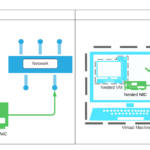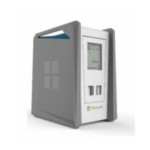What is promiscuous mode and why does it matter?
It lets more network traffic through! That’s what promiscuous mode (or p-mode) does for the network card. It allows additional network traffic to the rest of the endpoint. What exactly do I mean by that and why does this need to happen sometimes? Here’s a quick overview of p-mode in both a traditional context for




